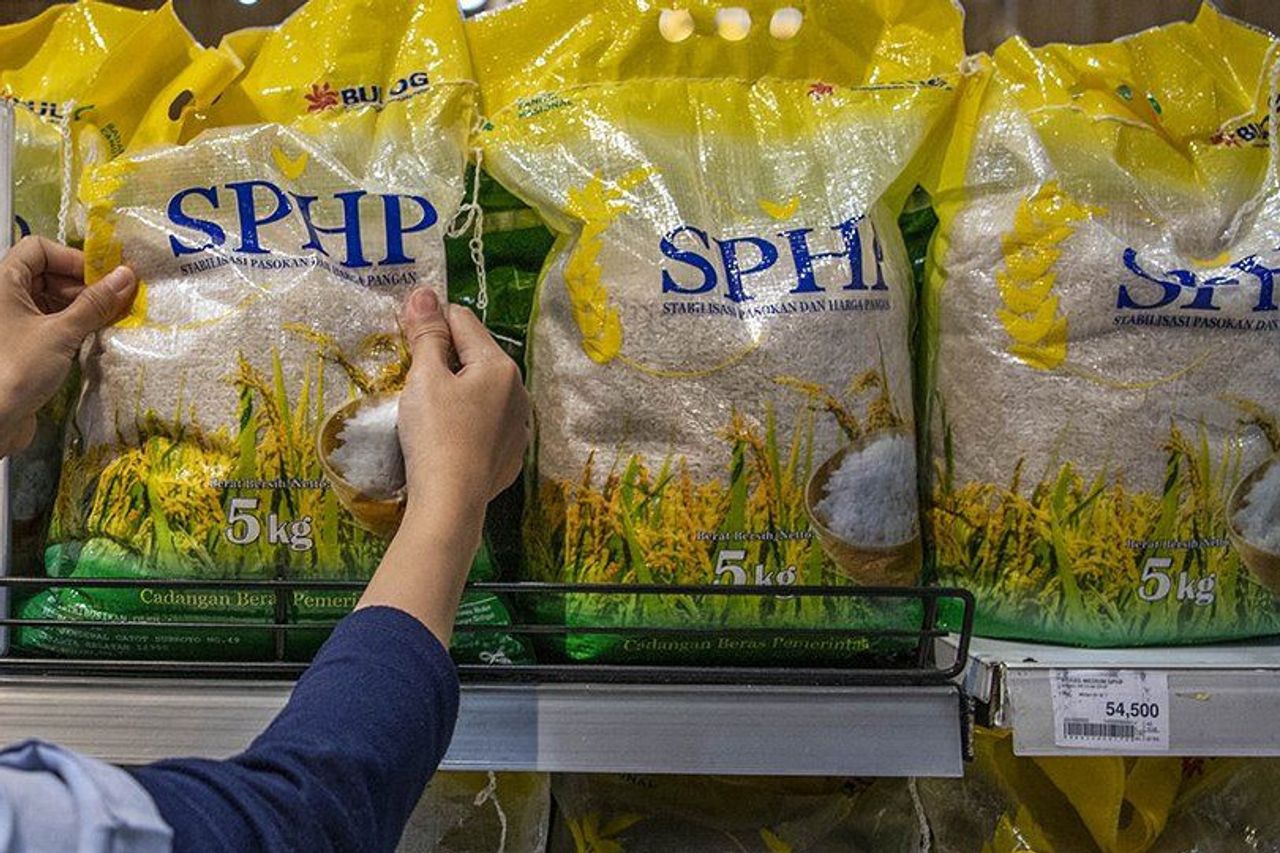In recent times, Indonesian consumers have been confronted with unsettling revelations concerning the integrity of staple food products. Following the controversy surrounding the Minyakita cooking oil measurements, a new issue has emerged: the fraudulent packaging of 5 kg rice bags. This deceptive practice not only undermines consumer trust but also raises significant concerns about regulatory oversight and food security.
The Emergence of Rice Packaging Fraud
Reports have surfaced indicating that certain 5 kg rice packages contain less product than advertised. A viral video on social media showcased a popular rice brand's 5 kg package weighing only 4 kg upon re-measurement. This discrepancy has sparked widespread public outrage and calls for immediate action.
Government Response and Acknowledgment
The Ministry of Trade, through the Directorate of Consumer Protection and Trade Order (PKTN), has acknowledged the existence of such discrepancies. Director Moga Simatupang stated that inconsistencies between the labeled and actual weights of rice packages have been observed since 2023, based on field inspections. This admission underscores the need for stringent regulatory measures to protect consumers.
Historical Context of Food Product Fraud
This incident is not isolated. In 2017, Indonesian authorities uncovered a massive distribution of counterfeit premium rice, highlighting the persistent challenges in ensuring food authenticity. The fraud was unveiled after the police's food commodity task force examined nutrient levels in various rice brands, revealing significant irregularities. Such historical precedents emphasize the necessity for continuous vigilance and enforcement.
The Minyakita Controversy: A Precedent
Prior to the rice packaging fraud revelations, the Minyakita cooking oil brand was embroiled in a similar scandal. Investigations revealed that numerous businesses had breached packaging regulations, leading to underfilled containers reaching consumers. The Ministry of Trade reported that 106 business operators were found violating Minyakita packaging rules, prompting a nationwide crackdown. This sequence of events has heightened consumer skepticism regarding product labeling and authenticity.
Consumer Implications and Trust Erosion
The recurrence of such fraudulent activities has profound implications for consumer trust. When staple food items like rice and cooking oil are compromised, it not only affects household economics but also erodes confidence in regulatory bodies and market systems. Consumers rely on accurate labeling to make informed purchasing decisions, and any breach of this trust can lead to broader economic and social repercussions.
Regulatory Measures and Enforcement
In response to these challenges, Indonesian authorities have intensified efforts to ensure compliance with packaging standards. The National Police's food commodity task force has launched investigations into underfilled Minyakita containers, reflecting a broader commitment to uphold consumer rights. Additionally, the government has imposed restrictions on the export of used cooking oil and palm oil residue to stabilize domestic markets and prevent exploitation.
The Role of Social Media in Uncovering Fraud
The power of social media in bringing such issues to light cannot be overstated. Platforms like TikTok have become instrumental in exposing fraudulent practices, as evidenced by the viral video highlighting the rice packaging discrepancy. This democratization of information empowers consumers to hold businesses accountable and urges authorities to act swiftly.
Preventive Measures for Consumers
To safeguard against such fraudulent practices, consumers are advised to:
- Verify Product Weight: Utilize personal weighing scales to confirm that the product weight matches the label.
- Report Discrepancies: Immediately report any inconsistencies to consumer protection agencies or relevant authorities.
- Stay Informed: Follow updates from credible news sources and official channels regarding product recalls or fraud alerts.
- Engage in Community Discussions: Participate in community forums or social media groups to share experiences and raise awareness.
The Path Forward: Strengthening Oversight
Addressing the root causes of such fraudulent activities requires a multifaceted approach:
- Enhanced Regulatory Framework: Strengthen laws and regulations governing product packaging and labeling to deter potential fraudsters.
- Regular Inspections: Implement routine inspections and audits of food products to ensure compliance with established standards.
- Public Awareness Campaigns: Educate consumers about their rights and the importance of vigilance when purchasing packaged goods.
- Technological Solutions: Adopt technologies like blockchain for supply chain transparency, allowing consumers to trace the origin and authenticity of products.
Conclusion
The revelation of the 5 kg rice packaging fraud serves as a stark reminder of the challenges inherent in safeguarding food integrity. While authorities have taken commendable steps to address these issues, sustained efforts are essential to restore and maintain consumer trust. By fostering a culture of transparency, accountability, and vigilance, Indonesia can ensure that its citizens have access to safe and authentic food products.
Read More






 Friday, 27-02-26
Friday, 27-02-26







